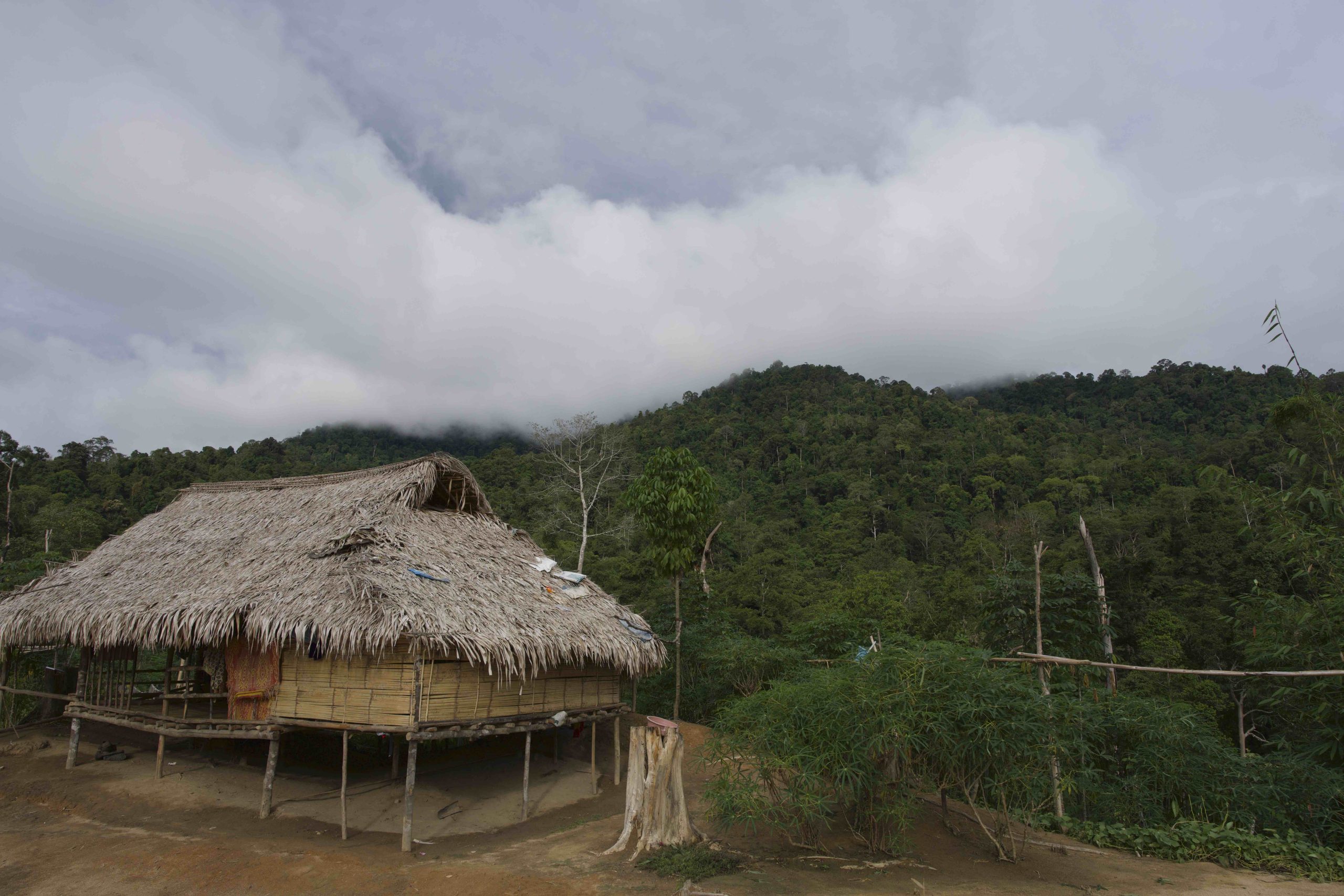On Tues Feb 28, 18:30 GMT, Vivek Venkataraman will be talking to RAG on ZOOM only on some of his latest research on collective decision-making as an adaptive process.
Accurate collective decision-making in the context of foraging, social life, and warfare was likely crucial to the demographic success of Palaeolithic hunter-gatherers. Theoretical and empirical work in organizational science and psychology has shown that in small-to-medium sized groups decision accuracy of is a function of: i) independence, ii) diversity, iii) decentralization , and iv) the extent to which individuals share a common goal. After presenting a theoretical framework to analyze this issue, ethnographic data from the Human Relations Area Files are used to test whether social norms promote adaptive outcomes at the group level in foragers. It is suggested that deliberative processes function as problem-solving devices to maximize group-level outcomes.
Dr. Vivek Venkataraman is a biological anthropologist at the University of Calgary. His research focuses on the ecology and energetics of human foraging strategies. His main ethnographic fieldwork is conducted among the Orang Asli populations of Peninsular Malaysia. He is the co-director of the Orang Asli Health and Lifeways Project (www.orangaslihealth.org).
